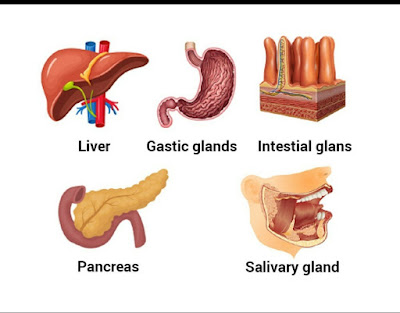HUMAN RESPIRATORY SYSTEM what are the main parts in respiratory system The major respiratory organ in human are LUNGS. It is not applied to all the organisms, other animals have different organs for respiration. Some major types of respiratory organs of some animals:- Earth worm - Moist cuticle Most aquatic Arthropods like prawn - Gills Limulus - Book gills Scorpion - Book lungs Insects - Trachea Aquatic molluscs -Ctenidia (gills) Terrestrial moluscs - Pulmonary sacs (gills) Echinoderms - Dermal branchiae, Tube feet, Respiratory trees etc; Hemichordates - Gills Fishes - Gills Amphibian larvae - Skin, Bucco-pharyngeal lining, Lungs Adult frogs - Lungs Now lets talk about human respiratory system; what are the main parts in respiratory system Human respiratory system consists of major respiratory organ as lungs, but it has a pathway. Our pathway starts from nostrils. Human respiratory system includes 2 tracts. UPPER RESPIRATORY TRACT- Nose, Pharynx, Larynx. LOWER RESPIRATORY ...






